Our veteran salaryman-turned-reporter gives his idea for the one thing that has to change before Japan will stop working itself to death.
economy (Page 2)
Anime has plenty of rousing anthems, but some are calling this data downright depressing.
It’s no secret that many countries face looming demographics problems as their populations age.
Much has been written about developed markets like Japan, Germany, and Italy, which have the largest percentages of their populations age 65 and up.
But another country also deserves attention: China.
There’s a reason why the same parents who encourage their kids to become doctors or lawyers don’t try to steer them into becoming anime studio employees.
Chinese officials are set to discuss ways to stimulate the country’s sputtering housing market during its Central Economic WorkingConference later this month, according to Chinese state media.
We’ve talked before about handy Japanese words and phrases we wish we could toss around in English. This kind of linguistic jealousy doesn’t flow in just one direction, though. Japanese businesspeople regularly make use of a number of English phrases, either because they’re more concise, precise, or just sound cooler to their ears than their Japanese counterparts.
Sometimes, though, knowing English isn’t enough to understand these loanwords, since their pronunciations can get pretty garbled in the transition from English to Japanese speakers. Feeling confident in your ability to translate English translated into Japanese back into English? Read on and see how many you can decipher.
Uniqlo, the hugely popular Japanese chain store that stocks a variety of simple, practical and affordable clothing, has expanded into a world-wide venture, with stores in Singapore, Australia, the United Kingdom, the United States, Germany, France, Russia, Hong Kong, Indonesia, Bangladesh, and, well, you get the picture. In the West in particular, Uniqlo has a pretty cool image thanks to its simple, pared-down designs and celebrity approval (for example, Pharrell Williams designed a range for them in April 2014), so it might surprise some of you to hear that there are people in Japan who tend to be a bit snobby about Uniqlo, looking down on its regular clientele for lacking in fashion sense.
It’s been a pretty rough year for McDonald’s in Japan, in the same way that getting hit by a bus on your way to work would make for a rough morning. Following a widely reported scandal in which the chain had been supplied with expired chicken by a meat processing facility in China, McDonald’s has been trying everything it can think of to lure diners back, such as giving away Chicken McNuggets for free, replacing the meat with tofu, and trying to take our mind off the incident entirely by pulling our attention towards pork cutlets instead.
After all, a restaurant chain can’t survive without customers, right? There’s one other thing you need to run a business though: employees, and these days McDonald’s is finding itself losing those, too.
Spend much time talking to people in Japan, and you’re sure to hear the phrases “gambaru” and “shou ga nai” over and over again. The fact that they both come up so often in conversation is kind of ironic actually, since their meaning are complete opposites.
Gambaru means “I’ll do my best,” and gets used for any topic that requires effort, including school, sports, work, and even finding a boyfriend or girlfriend. Shou ga nai, on the other hand, translates out as “it can’t be helped,” showing that you’ve already given up.
Unfortunately, a recent poll suggests that an increasing number of people in Japan are saying shou ga nai, with roughly a third of young adults saying they feel like their efforts in life won’t be rewarded.
As Japan continues its long in-vain search for a way to recapture the glory years of the Bubble Economy of the 1980s, politicians and pundits have proposed a plethora of projects. But amid all the talk of privatizing the postal system, making the expressways free, and devaluing the yen, there’s one outside the box solution no one happened on until now: unleash supernatural entities into the stock market.
Maybe it’s something they should have tried earlier, considering how the supernatural characters of hit multimedia franchise Yo-Kai Watch are leading a mini stock rally all by themselves.
Tokyo’s two most compelling yet conflicting traits, the energy from its sheer number of residents and the solitude of its back alleys, are both best appreciated from ground level. The metropolis’ scale can only truly be appreciated from high above, though, which is why Tokyo has no fewer than five major observation decks within the city limits.
As the newest and tallest of the group, the Tokyo Skytree, which opened in the spring of 2012, is by far the most prestigious of the group, and it has quickly become a more vibrant symbol of Japan’s capital than Tokyo Tower itself. But even with the millions of visitors the Skytree saw last year, the attendance was still below what was expected.
When you live in a country for long enough, it’s easy to forget the things that set it apart and really make it special. In largely homogenous societies, like that of Japan, it’s easy to take daily amenities for granted without ever stopping to consider that commonplace objects are unique to the culture and perhaps novel to people of other nations.
A recent book released by Earth Star Entertainment aims to give the people of Japan a fresh perspective on their island nation, as well as celebrate the many things that it has to offer to the world. The book’s title translates to What if Japan Disappeared: Japan’s Ability to Support the World, and from the few short excerpts we’ve seen, it’s obvious that Japan thinks quite highly of its contributions to the world’s economy, entertainment, and food options.
But in the grand scheme of things, how much would the country really be missed if it suddenly disappeared from this world?
On 9 April the Cool Japan Promotion Conference and Pop Culture Subcommittee was assembled to discuss and strategize ways to encourage growth in Japan’s popular culture sector. The session dealt with all of Japan’s notable influences around the world from Gundams to soccer.
Risk Monster, a credit management outsourcing service that calculates bankruptcy risk, recently announced the results of its first survey asking, “Which Japanese Companies Do You Expect to Still Exist in 50 Years.” The survey was conducted over the Internet on Feb. 25 and 26, and received 1,000 valid responses from influential individuals between the ages of 20 and 69.
Coming in third was Honda, second place went to the East Japan Railway Company, and grabbing the top spot was…
Read More
The New South China Mall, situated in Dongguan City, is considered to be the largest shopping mall in the world. According to an Emporis in 2012 it has 600,153 m2 of gross leasable area.
It boasts a hotel, an indoor/outdoor roller coaster which spans the complex, a canal with gondolas, and various replicas including the Arc de Triomphe, and Sphinx. It’s an impressive feat of design and engineering.
The only problem with the New South China Mall is that it’s almost completely empty and unused. The Emporis’ report also refers to it as a “dead mall” and, according to a CNN Japan report, the escalators are covered in tarps and the passages are dusty and lined with shutters.
So what went wrong?
A major flaw of Japanese currency is the 10,000 yen bill ceiling of banknotes.
For daily life, having a system of bills which max out at around 100 bucks US is not a problem. But for those special times when you want to buy something high-end like a computer or melons, your wallet suddenly swells to the size of a baseball. In country that largely shuns checks or debit cards, cash is still king – a thick, hard to fit in your back pocket king.
Rumors are swirling about financial reforms in the works by Shinzo Abe’s recently elected Liberal Democratic Party involving, among other things, the issuing of 50,000 yen bills. Yes, it looks like – for once – a politician is looking out for the needs of people with too much money.
During an interview at his Kyoto headquarters this week, Nidec Corporation CEO Shigenobu Nagamori was quoted as saying, “Due to Japan’s strict labor laws, we cannot compete with enterprises in Korea and China.” He intends to lobby the government to relax labor regulations to allow for more flexible working conditions.
He additionally said that the government and the Bank of Japan need to weaken and maintain the yen to around a 90-100 yen to the dollar exchange rate in order for Japanese export companies to compete with booming exports from China and Korea. Read More

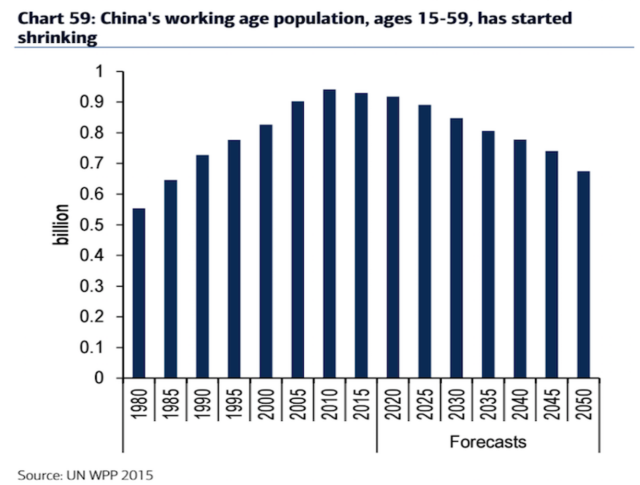
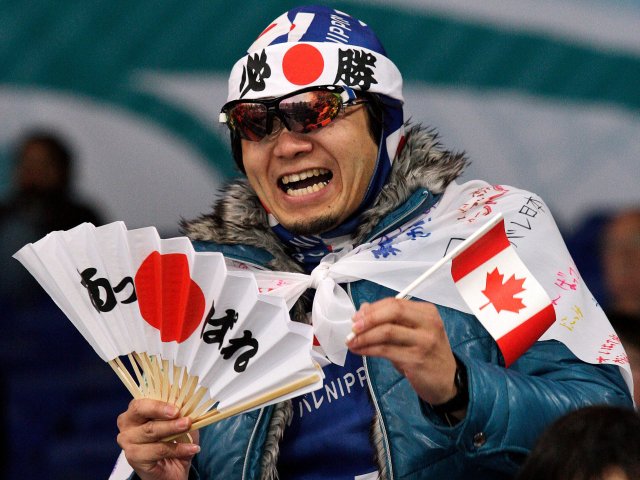
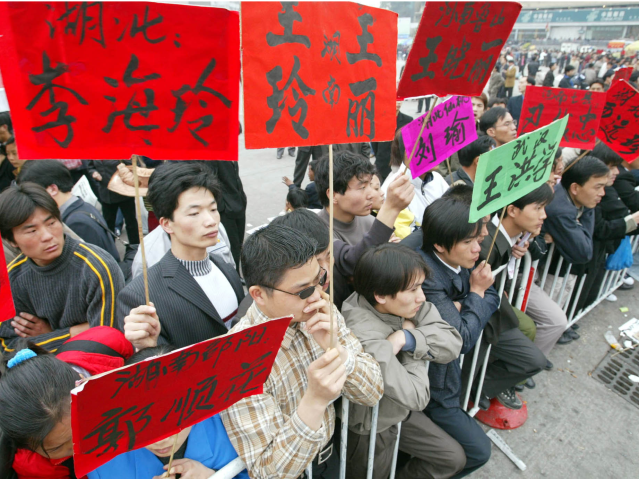

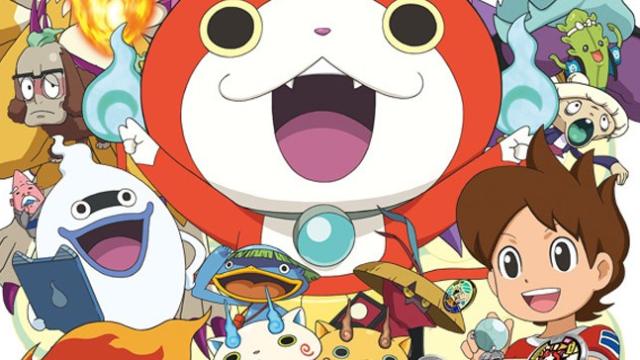
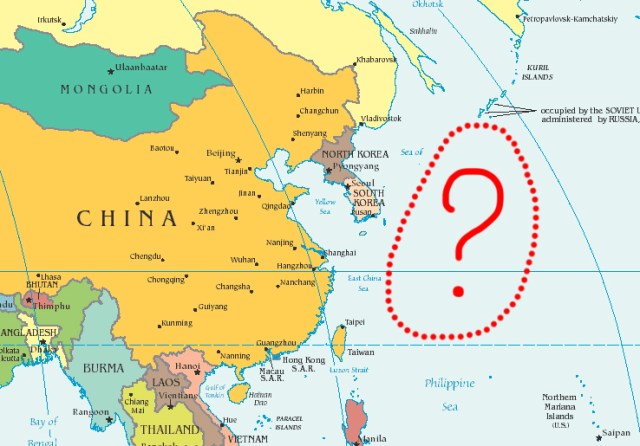
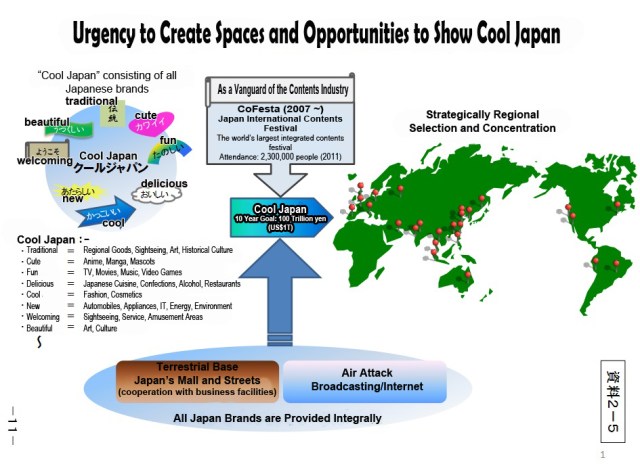


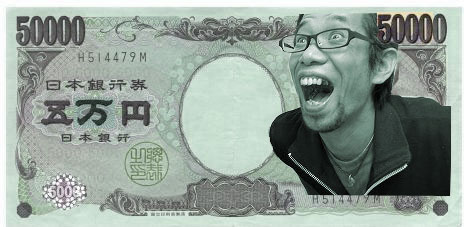
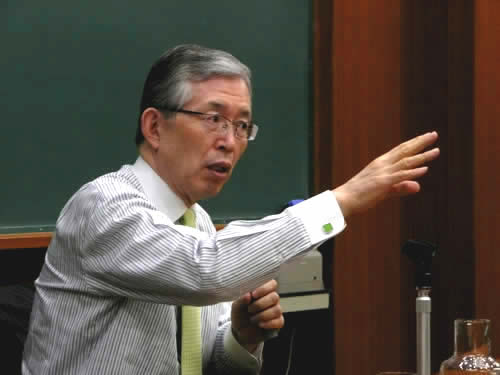
 McDonald’s new Happy Meals offer up cute and practical Sanrio lifestyle goods
McDonald’s new Happy Meals offer up cute and practical Sanrio lifestyle goods All-you-can-drink Starbucks and amazing views part of Tokyo’s new 170 meter-high sky lounge
All-you-can-drink Starbucks and amazing views part of Tokyo’s new 170 meter-high sky lounge More foreign tourists than ever before in history visited Japan last month
More foreign tourists than ever before in history visited Japan last month Beautiful Sailor Moon manhole cover coasters being given out for free by Tokyo tourist center
Beautiful Sailor Moon manhole cover coasters being given out for free by Tokyo tourist center Arrest proves a common Japanese saying about apologies and police
Arrest proves a common Japanese saying about apologies and police Tokyo luxury hotel offers month-long stays with free breakfasts, might be cheaper than apartment
Tokyo luxury hotel offers month-long stays with free breakfasts, might be cheaper than apartment The oldest tunnel in Japan is believed to be haunted, and strange things happen when we go there
The oldest tunnel in Japan is believed to be haunted, and strange things happen when we go there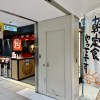 Tokyo Station’s perfect breakfast spot might just be this izakaya Japanese-style pub
Tokyo Station’s perfect breakfast spot might just be this izakaya Japanese-style pub Hello Kitty isn’t a cat!? We called Sanrio to find out!
Hello Kitty isn’t a cat!? We called Sanrio to find out! Chowing down on dirt-cheap gyoza and insane portions at Fukuoka’s Gyoza Supermarket Pub
Chowing down on dirt-cheap gyoza and insane portions at Fukuoka’s Gyoza Supermarket Pub Disney princesses get official manga makeovers for Manga Princess Cafe opening in Tokyo
Disney princesses get official manga makeovers for Manga Princess Cafe opening in Tokyo We try out “Chan Ramen”, an underground type of ramen popular in the ramen community
We try out “Chan Ramen”, an underground type of ramen popular in the ramen community Starbucks reopens at Shibuya Scramble Crossing with new look and design concept
Starbucks reopens at Shibuya Scramble Crossing with new look and design concept Beautiful new Final Fantasy T-shirt collection on the way from Uniqlo【Photos】
Beautiful new Final Fantasy T-shirt collection on the way from Uniqlo【Photos】 Foreign English teachers in Japan pick their favorite Japanese-language phrases【Survey】
Foreign English teachers in Japan pick their favorite Japanese-language phrases【Survey】 Is the new Shinkansen Train Desk ticket worth it?
Is the new Shinkansen Train Desk ticket worth it? There’s a park inside Japan where you can also see Japan inside the park
There’s a park inside Japan where you can also see Japan inside the park Japanese convenience store packs a whole bento into an onigiri rice ball
Japanese convenience store packs a whole bento into an onigiri rice ball Studio Ghibli releases Kiki’s Delivery Service chocolate cake pouches in Japan
Studio Ghibli releases Kiki’s Delivery Service chocolate cake pouches in Japan Japan’s bone-breaking and record-breaking roller coaster is permanently shutting down
Japan’s bone-breaking and record-breaking roller coaster is permanently shutting down New definition of “Japanese whiskey” goes into effect to prevent fakes from fooling overseas buyers
New definition of “Japanese whiskey” goes into effect to prevent fakes from fooling overseas buyers Foreign passenger shoves conductor on one of the last full runs for Japan’s Thunderbird train
Foreign passenger shoves conductor on one of the last full runs for Japan’s Thunderbird train Our Japanese reporter visits Costco in the U.S., finds super American and very Japanese things
Our Japanese reporter visits Costco in the U.S., finds super American and very Japanese things Kyoto bans tourists from geisha alleys in Gion, with fines for those who don’t follow rules
Kyoto bans tourists from geisha alleys in Gion, with fines for those who don’t follow rules Studio Ghibli unveils Mother’s Day gift set that captures the love in My Neighbour Totoro
Studio Ghibli unveils Mother’s Day gift set that captures the love in My Neighbour Totoro Domino’s Japan now sells…pizza ears?
Domino’s Japan now sells…pizza ears? New Japanese KitKat flavour stars Sanrio characters, including Hello Kitty
New Japanese KitKat flavour stars Sanrio characters, including Hello Kitty Sales of Japan’s most convenient train ticket/shopping payment cards suspended indefinitely
Sales of Japan’s most convenient train ticket/shopping payment cards suspended indefinitely Sold-out Studio Ghibli desktop humidifiers are back so Totoro can help you through the dry season
Sold-out Studio Ghibli desktop humidifiers are back so Totoro can help you through the dry season Japanese government to make first change to romanization spelling rules since the 1950s
Japanese government to make first change to romanization spelling rules since the 1950s Ghibli founders Toshio Suzuki and Hayao Miyazaki contribute to Japanese whisky Totoro label design
Ghibli founders Toshio Suzuki and Hayao Miyazaki contribute to Japanese whisky Totoro label design Doraemon found buried at sea as scene from 1993 anime becomes real life【Photos】
Doraemon found buried at sea as scene from 1993 anime becomes real life【Photos】 Tokyo’s most famous Starbucks is closed
Tokyo’s most famous Starbucks is closed One Piece characters’ nationalities revealed, but fans have mixed opinions
One Piece characters’ nationalities revealed, but fans have mixed opinions We asked a Uniqlo employee what four things we should buy and their suggestions didn’t disappoint
We asked a Uniqlo employee what four things we should buy and their suggestions didn’t disappoint Princesses, fruits, and blacksmiths: Study reveals the 30 most unusual family names in Japan
Princesses, fruits, and blacksmiths: Study reveals the 30 most unusual family names in Japan Studio Ghibli’s new desktop Howl’s Moving Castle will take your stationery on an adventure
Studio Ghibli’s new desktop Howl’s Moving Castle will take your stationery on an adventure Tokyo luxury hotel offers month-long stays with free breakfasts, might be cheaper than apartment
Tokyo luxury hotel offers month-long stays with free breakfasts, might be cheaper than apartment The oldest tunnel in Japan is believed to be haunted, and strange things happen when we go there
The oldest tunnel in Japan is believed to be haunted, and strange things happen when we go there Tokyo Station’s perfect breakfast spot might just be this izakaya Japanese-style pub
Tokyo Station’s perfect breakfast spot might just be this izakaya Japanese-style pub Hello Kitty isn’t a cat!? We called Sanrio to find out!
Hello Kitty isn’t a cat!? We called Sanrio to find out! Chowing down on dirt-cheap gyoza and insane portions at Fukuoka’s Gyoza Supermarket Pub
Chowing down on dirt-cheap gyoza and insane portions at Fukuoka’s Gyoza Supermarket Pub Do Japanese women check out each other’s lingerie at the hot springs? Survey investigates
Do Japanese women check out each other’s lingerie at the hot springs? Survey investigates Awesome life-size anime figure display exhibition opens in Tokyo this month
Awesome life-size anime figure display exhibition opens in Tokyo this month Time to vote for your favourite in Japan’s Sanrio Character Curry Election
Time to vote for your favourite in Japan’s Sanrio Character Curry Election Largest Japanese giant salamander dies, aged…Maybe 70 or so?
Largest Japanese giant salamander dies, aged…Maybe 70 or so? Father and son dissect a gachapon capsule toy machine to show us its magical insides【Video】
Father and son dissect a gachapon capsule toy machine to show us its magical insides【Video】 How to avoid queues at this Ichiran ramen restaurant in Japan
How to avoid queues at this Ichiran ramen restaurant in Japan Our Japanese reporter visits Costco in the U.S., finds super American and very Japanese things
Our Japanese reporter visits Costco in the U.S., finds super American and very Japanese things Super Budget Dining in Japan – What’s the best way to spend 1,000 yen (US$6.70) at Saizeriya?
Super Budget Dining in Japan – What’s the best way to spend 1,000 yen (US$6.70) at Saizeriya? World’s largest Kura Sushi revolving sushi restaurant opens, but not in Japan【Video】
World’s largest Kura Sushi revolving sushi restaurant opens, but not in Japan【Video】